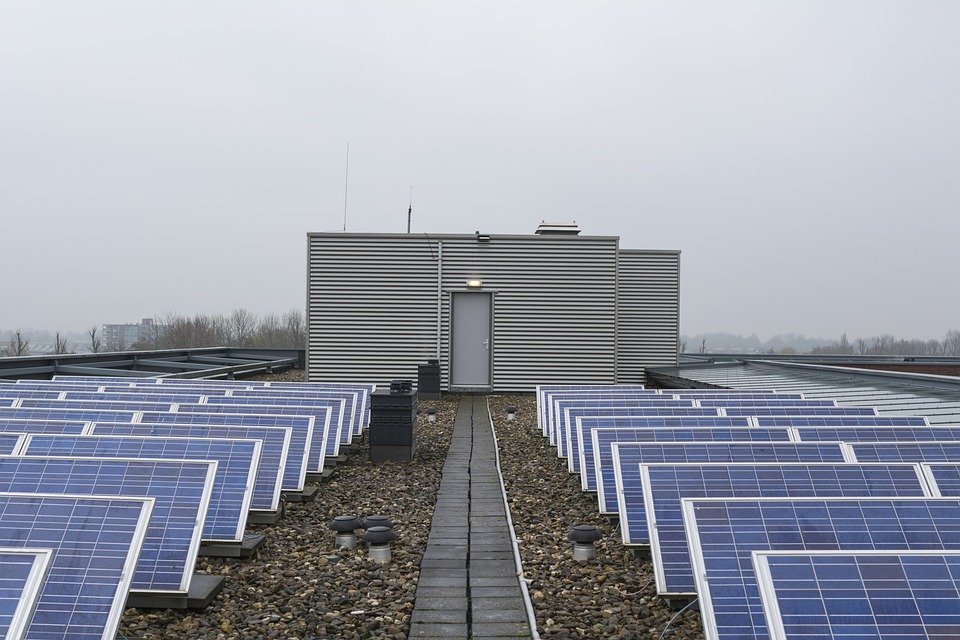
The rise of online platforms has drastically changed the landscape of American comedy in several ways. The internet has provided comedians with a new platform to showcase their talents, reach new audiences, and build a following. In this response, we will explore the impact of online platforms on American comedy, including how it has changed the way comedians create and distribute content, how it has affected the culture of comedy, and the ways in which it has influenced the industry.
Comedy has always been a reflection of society, and as society changes, so does the comedy landscape. In recent years, the rise of online platforms has been a major factor in shaping American comedy. The emergence of social media, YouTube, and streaming platforms has revolutionized the way comedians create and distribute their content. Comedians no longer have to rely on traditional avenues like television and stand-up comedy clubs to reach their audiences. Instead, they can produce and distribute their content on their own terms, directly to their fans, through online platforms.
One of the most significant impacts of online platforms on American comedy is the democratization of the industry. In the past, comedians had to go through a rigorous process of auditioning and networking to get their break. They had to impress industry gatekeepers, like talent scouts and producers, to get a chance at a career in comedy. Today, comedians can create and distribute their content online, build a following, and potentially launch their careers without ever having to go through these traditional channels. This has created an environment in which anyone with a sense of humor and a smartphone can potentially become a comedian.
Social media platforms like Twitter and Instagram have also become important tools for comedians to build their personal brands. Comedians can use these platforms to share jokes, promote their shows, and interact with fans. In addition, platforms like YouTube and TikTok have given rise to a new generation of comedians who have built their followings by creating short-form comedic videos. These comedians often have millions of followers and can leverage their online success to land traditional gigs, like hosting late-night talk shows or starring in movies.
Another way in which online platforms have impacted American comedy is by changing the way comedians create and distribute content. In the past, comedians had to rely on traditional mediums, like television and film, to reach a wide audience. This meant that they had to adhere to certain standards and formats that were imposed by the industry. With online platforms, however, comedians have more creative freedom to experiment with new formats and styles. They can create and distribute content that is more niche, more experimental, and more personalized.
One example of this is the rise of podcasts as a platform for comedy. Podcasts have become an increasingly popular way for comedians to connect with their audiences and share their comedic perspectives. Podcasts allow comedians to have long-form conversations with guests, explore topics in depth, and experiment with new comedic styles. In addition, podcasts are often recorded in front of a live audience, which gives comedians the opportunity to connect with fans in a more intimate setting.
Online platforms have also had a significant impact on the culture of American comedy. Social media platforms, in particular, have become an important space for conversations about comedy, both positive and negative. Comedians who have crossed the line with their jokes or been accused of inappropriate behavior have faced swift and public backlash on social media. At the same time, social media has also created a space for comedians to speak out about important issues, like social justice and political activism. Comedians like Dave Chappelle and Trevor Noah have used their platforms to spark conversations about race, gender, and politics.
However, the online landscape has also brought with it new challenges for comedians. One of the biggest challenges is the pressure to constantly create and share content. With so many comedians vying for attention on online platforms, there is a constant need to produce new and engaging material. This can lead to a culture of fast-paced content creation, where quality can sometimes take a back seat to quantity. Additionally, the online landscape has created a new type of “cancel culture,” where comedians are often criticized and scrutinized for their past and present actions and statements. While this can be a positive development in holding comedians accountable for harmful behavior, it can also lead to a chilling effect on free speech and the creative process.
Another impact of online platforms on American comedy is the way in which they have influenced the industry. The success of comedians on online platforms has created new opportunities for them to monetize their content and build their careers. Comedians can now earn money through ad revenue, sponsorships, merchandise sales, and live performances. This has also led to a shift in the power dynamic between comedians and the industry gatekeepers. Comedians no longer have to rely solely on traditional avenues to gain exposure and make a living. Instead, they can build their own brands and followings online, and potentially attract the attention of industry players who are looking to capitalize on their online success.
Furthermore, online platforms have also opened up new opportunities for diverse voices in comedy. Women, people of color, LGBTQ+ individuals, and other marginalized groups have historically been underrepresented in the comedy industry. However, online platforms have given these comedians a new platform to showcase their talents and build their followings. This has led to a more diverse and inclusive comedy landscape, with a wider range of perspectives and experiences being represented.
In conclusion, the rise of online platforms has had a significant impact on the landscape of American comedy. It has democratized the industry, giving comedians the power to create and distribute their content on their own terms. It has also changed the way comedians create and distribute their content, providing more creative freedom and opportunities for experimentation. However, the online landscape has also brought with it new challenges, including the pressure to constantly create and share content and the risk of facing backlash for past or present actions. Despite these challenges, online platforms have opened up new opportunities for diverse voices in comedy and have changed the industry in significant ways.







